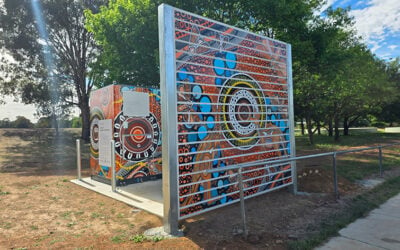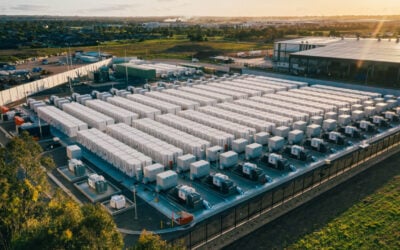Lithium-ion (Li-ion) batteries accounted for 90% of all proposed grid storage projects in 2014, according to a new study by Lux Research.
The early mover status of molten salt batteries by companies like NGK Insulators means that technology still represents the most installed capacity, despite having now fallen out of favour.
Li-ion accounted for 419MW and 1,555 MWh of proposed storage systems in 2014. Molten salt batteries, primarily sodium-sulphur (NaS), represent 64% of deployed MWh, or approximately 1614MWh, up to January 2015.
“Driven by renewable-connected systems and demand management, grid-scale energy storage is taking off, with 450 MW and 730 MWh of systems installed in 2014 ,” said Dean Frankel, Lux research associate and the lead author of its ‘Grid Storage Data Tracker’.
Try Premium for just $1
- Full premium access for the first month at only $1
- Converts to an annual rate after 30 days unless cancelled
- Cancel anytime during the trial period
Premium Benefits
- Expert industry analysis and interviews
- Digital access to PV Tech Power journal
- Exclusive event discounts
Or get the full Premium subscription right away
Or continue reading this article for free
“As the market matures, new roles along the grid storage value chain are emerging – including financiers who enable leasing services to storage developers and their end-customers as well as battery operators who manage and control a systems’ role on the electric grid,” added Frankel.
The report also found that Japan and the US continue to have the lead in grid storage projects at present. Demand management and renewable energy connected systems are the leading applications for energy storage.
Main image: Flickr/Portland General
A grid-scale battery trial in the UK consisting of 3000 Li-ion batteries.





